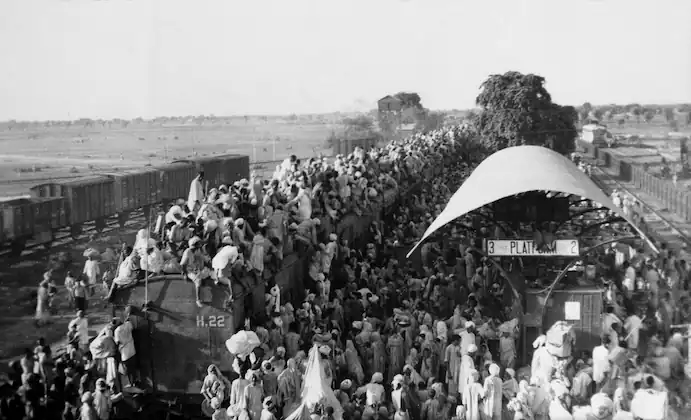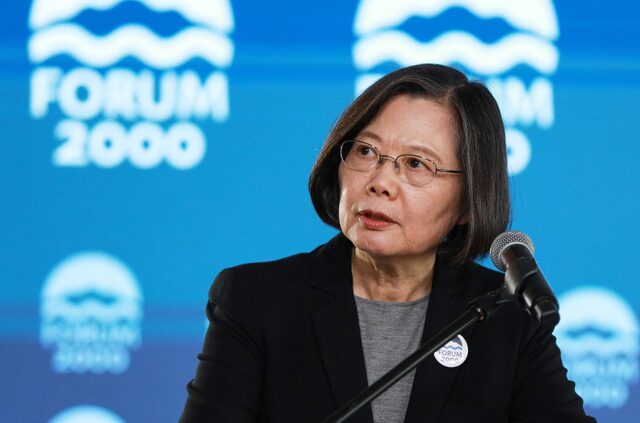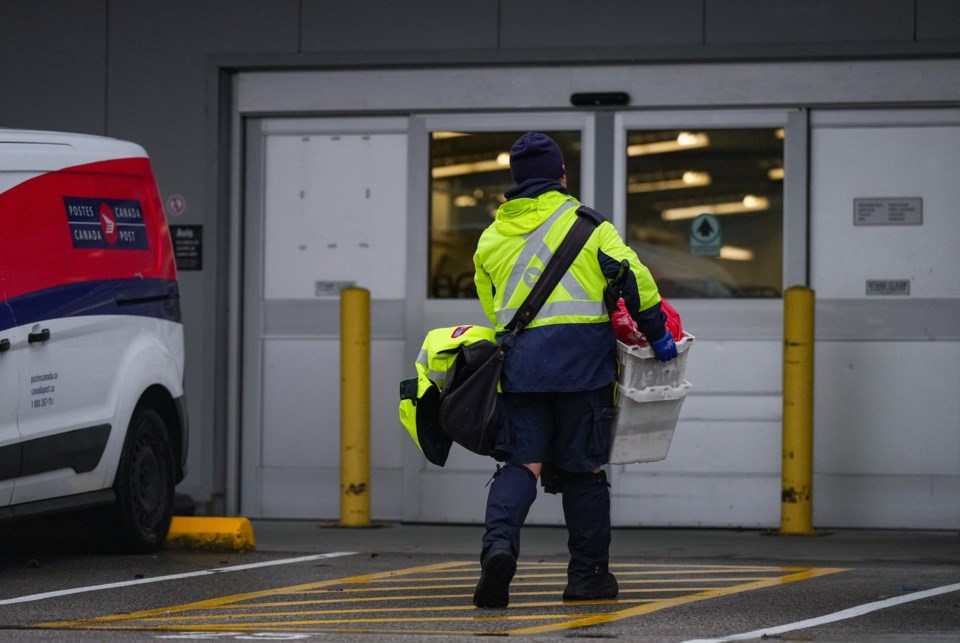A new report by The Washington Post highlights how renewed tensions between India and Pakistan over Kashmir are threatening the region’s cultural and artistic identity, as both nations escalate rhetoric and security measures along the disputed border.
Amid rising military activity and political pressure, Kashmiri artists, poets, writers, and performers say they are facing censorship, social pressure, and shrinking creative space. Many report that the climate of fear has silenced traditional forms of expression and weakened the preservation of Kashmiri language, Sufi traditions, and other elements of regional heritage.
Artists Under Pressure
Local artists told The Washington Post that they are under growing scrutiny from both state authorities and political groups. Those who speak about the conflict or express dissent through their work risk being labeled as “anti-national” by Indian authorities or as “traitors” by militant groups.
Some artists have been detained or questioned, while others have withdrawn from public performances entirely. Institutions that once promoted Kashmiri culture, such as community theatres and cultural foundations, report reduced attendance and funding.
“Our songs are seen as threats, our art as rebellion,” said one Kashmiri poet, who asked to remain anonymous.
Cross-Border Tensions Escalating
Tensions between India and Pakistan have increased in recent weeks following deadly border skirmishes and political speeches from both sides asserting territorial claims over Kashmir. The region has seen increased troop deployments and renewed restrictions on movement and communication.
India maintains that Jammu and Kashmir is an integral part of the country, while Pakistan continues to demand international intervention and the right to self-determination for Kashmiris.
Cultural Heritage at Risk
Historians and activists warn that beyond the geopolitical conflict, Kashmir’s unique cultural identity is being eroded. The region’s syncretic traditions, once a symbol of harmony between Muslim, Hindu, and Buddhist communities, are being replaced by politically charged narratives.
Cultural programs once funded by the state or NGOs have been curtailed, and many young Kashmiris say they no longer feel safe expressing their heritage openly.
Calls for Dialogue
Several civil society organizations in both India and Pakistan have called for renewed dialogue, cultural exchanges, and protections for artistic freedom in the region. International cultural groups have also expressed concern over the suppression of Kashmiri voices.
While the Indian government says it is working to restore peace and development in the region, critics argue that security measures alone cannot rebuild trust or preserve the region’s identity.
The report concludes that as the political conflict over Kashmir continues, it is Kashmir’s centuries-old culture and creative expression that remain among the conflict’s most endangered casualties.
Source; The Washington Post



